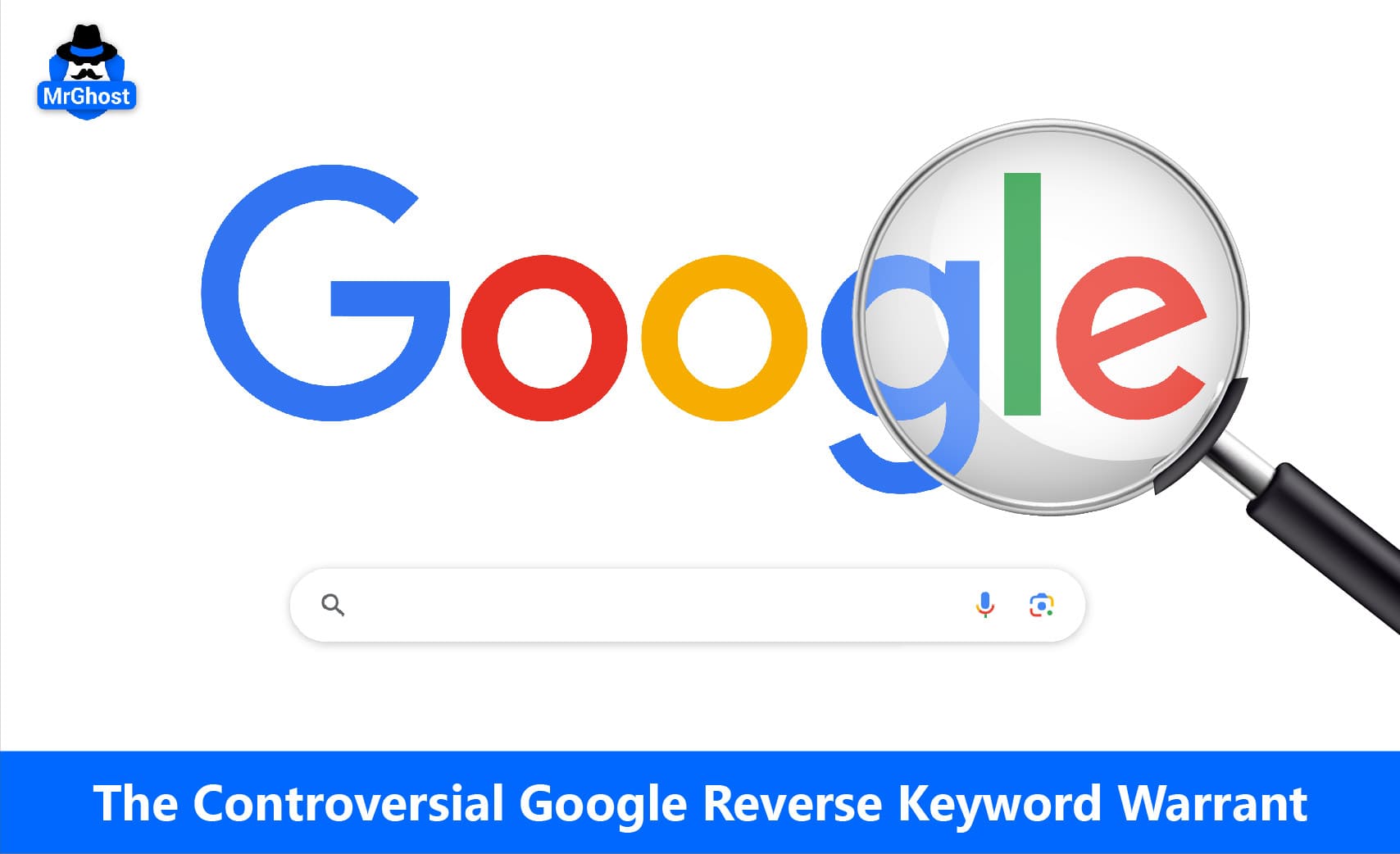
On October 20, 2023, the Colorado Supreme Court made waves with its ruling in People v. Seymour, diving headfirst into the wild world of "reverse keyword" warrants. For the first time, a state high court tackled the legality of this investigative tool, which lets law enforcement scoop up info on individuals based on their internet searches for certain terms.
People v. Seymour Case
This whole situation kicked off when a tragic arson case led Denver police to dig into Google’s data on users searching for the address of the crime scene within 15 days. Three teens faced prosecution because of this data, and one of them, Gavin Seymour, stood up and challenged the warrant's legality.

Seymour didn’t hold back, arguing that these reverse keyword warrants violate the Fourth Amendment by casting a wide net and searching through everyone’s data rather than zeroing in on specific suspects. He called it a “digital dragnet,” and honestly, it raises some serious red flags. These reverse warrants compel companies like Google to sift through massive databases based on factors like location or search terms.
The Problem With Google Reverse Keyword Warrants
Critics are right to be worried; this kind of sweeping search could turn countless innocent people into suspects without any real evidence. Plus, Seymour pointed out that this practice might also mess with First Amendment rights, making people think twice about what they search for.
For example, let’s say law enforcement is investigating a series of burglaries in a neighborhood. With a keyword search warrant, they could potentially access the search histories of everyone in that area who Googled terms like "how to break into a house" or "burglar tools."
This means that anyone who innocently searched for home security tips or even just curiosity could find themselves flagged as a suspect, even though they had no intention of committing a crime. Critics are absolutely right to raise alarms about this; such broad searches risk painting innocent people with the same brush as actual criminals, all without solid evidence linking them to any wrongdoing.
The Colorado Supreme Court acknowledged that the state constitution gives even stronger privacy protections than the U.S. Constitution. Still, they decided to uphold the warrant under the good-faith exception, meaning they believed the police weren’t acting maliciously. But let’s be real—this ruling opens the door for future legal battles, especially when it comes to the need for actual probable cause.
Privacy advocates are on high alert, particularly since these warrants could easily be abused, especially in sensitive areas like abortion rights after the Dobbs v. Jackson Women’s Health Organization decision. This ruling will definitely ripple out, influencing how other states deal with similar privacy issues.
Keyword Search Warrants and General Warrants
Colorado and Pennsylvania are breaking ground as the first states where the highest courts are diving into the whole keyword search warrant situation. And honestly, it’s pretty likely that this issue will pop up in other state supreme courts and even federal courts, because, well, this method is just too powerful to ignore.
So, what’s all the fuss about? At the core, people are trying to figure out if keyword search warrants are just general warrants, which would make them unconstitutional. The Electronic Frontier Foundation weighed in on this in an amicus brief to the Pennsylvania Supreme Court, arguing that the answer is yes:
“Imagine a warrant that lets officers search every house in a neighborhood just because they might find something related to a crime. That’s what a reverse keyword search warrant is—like a digital version of those old school general warrants and writs of assistance from England and colonial times. There’s just no particularity here, and it invites police to treat it as an excuse for an unconstitutional general search.”
But here’s the kicker: government investigators see things differently. They’re all about the specifics of the keywords and the time limits, saying that makes it fit the particularity requirement. However, tracking down the IP addresses of people who searched certain keywords means they have to prove a whole lot of other folks didn’t search at all.
So, they’ve got to justify how that doesn’t make the warrant unconstitutional. Plus, they’ll argue that the chances of the suspects looking up the crime scene online are high enough to meet the probable cause requirement.
Eventually, who knows? The U.S. Supreme Court might take up a case about keyword search warrants, which could really clear things up. Until then, just expect a wild mix of outcomes as different courts wrestle with this major constitutional question.
The Prevention Strategies For Reverse Keyword Warrants
So, what can you do to keep your privacy intact in light of this situation? Here are some smart strategies to minimize the risks linked to reverse keyword warrants:
- Use a VPN: Seriously, get yourself a Virtual Private Network. It encrypts your internet traffic, making it super tough for anyone—law enforcement included—to peek into your online activities. MrGhost VPN is a solid choice that keeps your search history private and your IP address hidden, letting you browse without a care.
- Clear Your Browsing History Regularly: Make it a habit to delete your browser’s history, cookies, and cache. This simple move can help keep your search history from being easily tracked by others.
- Use Incognito or Private Browsing Mode: This mode stops your browser from saving your history and cookies. While it won’t hide your IP, it does provide a buffer against local tracking.
- Avoid Using Your Personal Account: If you’re diving into sensitive searches, steer clear of logging into your personal accounts. This way, your search history won’t get linked back to you.
- Use Privacy-Focused Search Engines: Switch it up and use search engines like DuckDuckGo that prioritize your privacy by not tracking your data or search history. It’s a smart way to keep your searches under wraps.
- Be Mindful of Your Search Terms: Even if your intentions are innocent, be careful about the terms you search. Avoid anything that might raise eyebrows or be associated with shady activities.
- Limit Metadata Exposure: Metadata can reveal a lot about your online activities. Stay informed about how much metadata you’re sharing and take steps to limit it, like adjusting your privacy settings.
Learn more: What Is A VPN? and How Does VPN Protect Online Security and Privacy?
By embracing these strategies—especially by using a reliable VPN like MrGhost VPN—you can significantly reduce the chances of your search data being exposed or tracked through those pesky reverse keyword warrants. It’s all about being smart and staying one step ahead when it comes to your privacy in this digital age!













